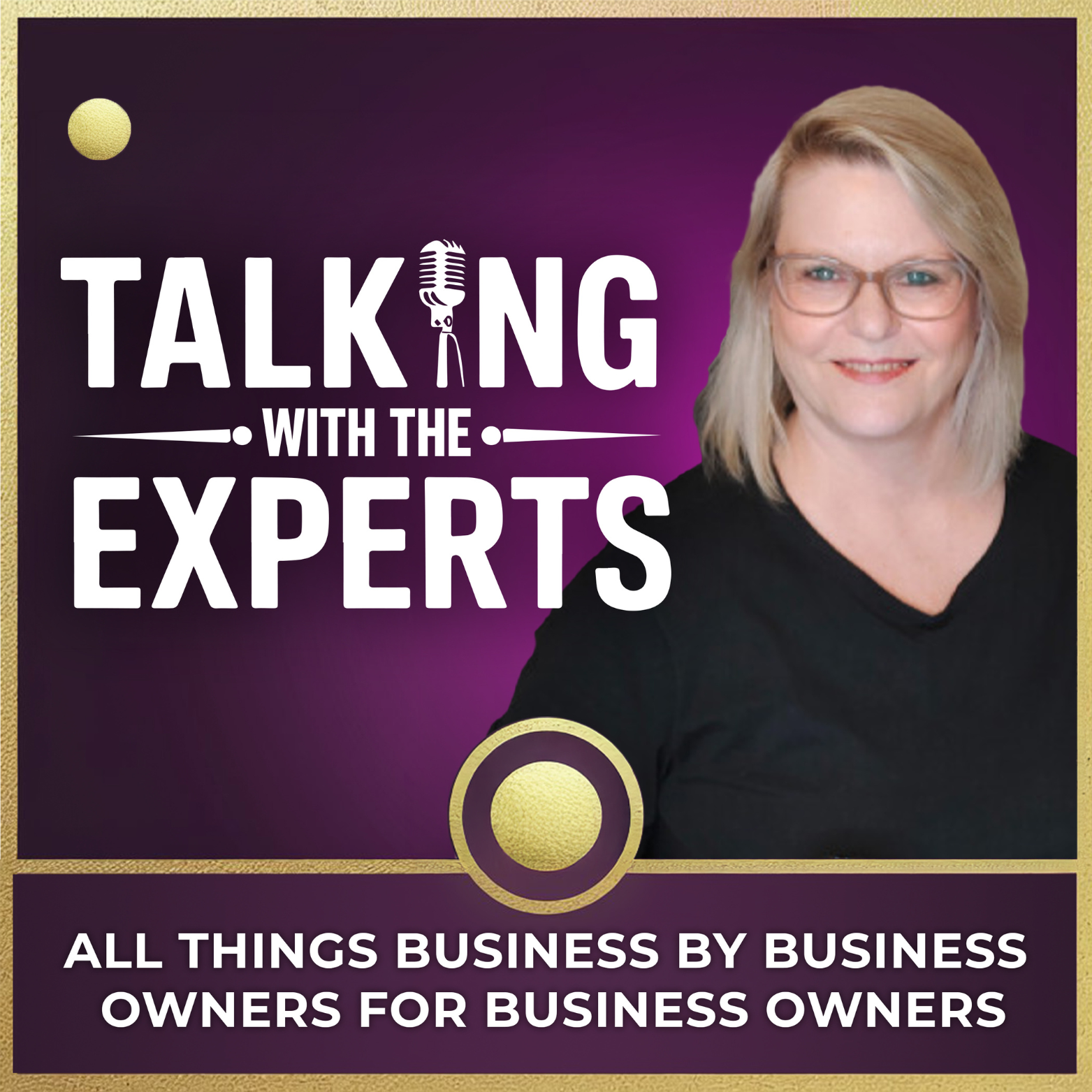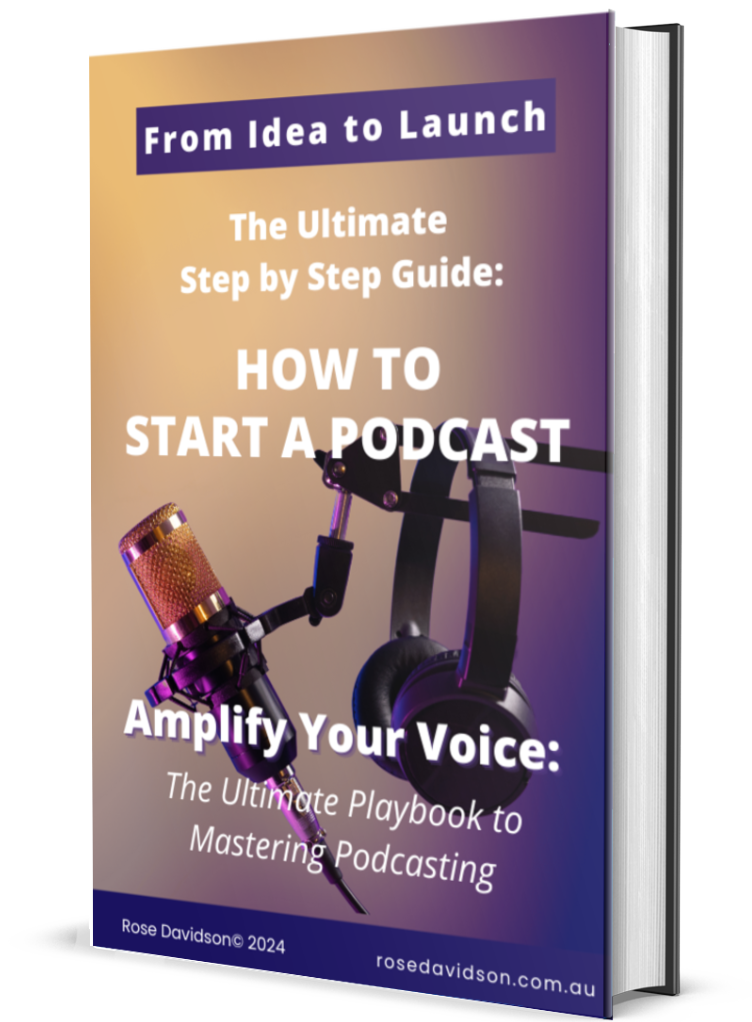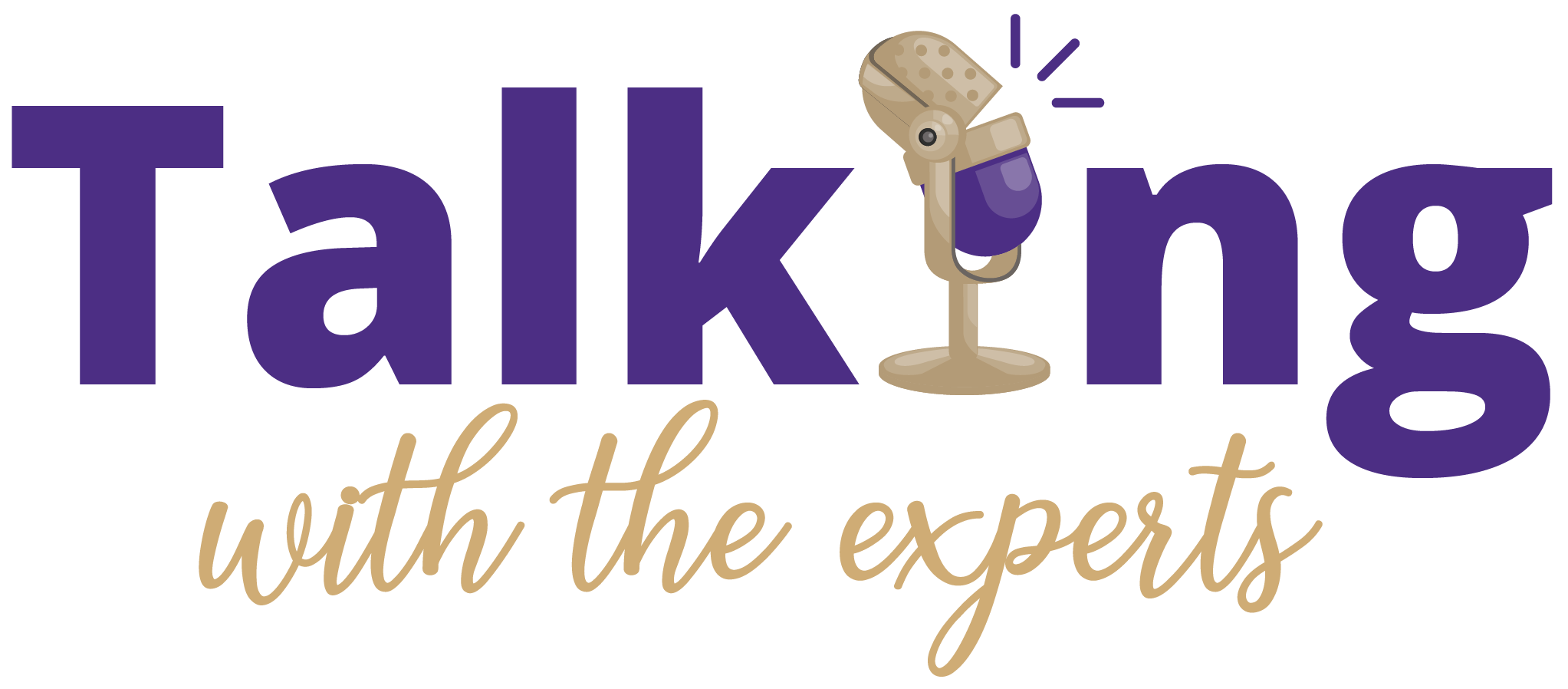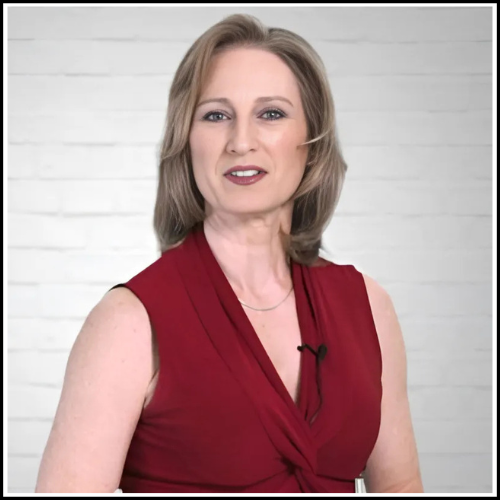Guest
Laura Watson
Laura's Bio
Laura Watson is the founder and lead coach of Venture Coaching International, based in Calgary, AB, Canada. With more than 25 years in coaching and counselling, Laura is a trusted guide for business owners and executives across North America. Her specialty? Turning complex leadership and communication challenges into simple, actionable steps. Laura’s signature tool—the Relationship GPS—helps leaders master communication across different relational zones, improving both team dynamics and client trust. She brings deep insight into both the business and personal sides of leadership, often addressing everything from performance challenges to parenting and addiction. Laura is a whole-person coach who meets leaders where they are, helping them show up powerfully and authentically in every area of life.
Where to find other episodes
About this episode
What if the key to better leadership wasn’t in your strategy—but in your communication?
In this heart-opening episode of Talking with the Experts, leadership coach Laura Watson shares how the way we speak, listen, and give feedback directly shapes the success of our relationships—at work and at home.
Laura tells the story behind her Relationship GPS, a simple yet powerful framework that helps leaders decode their communication style and align it with what the relationship truly needs. Whether you’re dealing with conflict, motivating your team, or just trying to be heard—knowing which “zone” of the GPS you’re in can completely shift your results.
Here’s what you’ll learn:
- How to spot the 3 communication zones and what they mean
- The best strategies for each type of conversation
- Why positive feedback is your superpower as a leader
Laura’s whole-person approach to coaching blends business acumen with deep emotional awareness. She’s helped leaders tackle everything from executive burnout to family turmoil—and all of it starts with communication.
This episode is perfect for business owners, team leads, and anyone who wants to lead with empathy, authority, and clarity.
📢 Ready to upgrade your communication skills and strengthen your relationships?
✅ Three Key Takeaways
- Discover how the Relationship GPS framework helps leaders navigate any conversation.
- Learn which communication skills to use in each relationship zone.
- Understand why positive feedback is essential for building trust and connection.
Outline
Introduction of Laura Watson
- Laura Watson is the founder and lead business coach at Venture Coaching International in Calgary, Alberta, Canada.
- Laura has over 25 years of counselling and coaching experience.
- Laura helps business owners and executives across North America improve their personal communication and leadership effectiveness.
- Laura’s approach involves bridging theory to practice, breaking down complex concepts into practical ideas and action steps.
- Laura is a whole person coach, addressing both business and personal issues.
- Laura enjoys country dancing and won a world championship in 2023.
Relationship GPS
- Relationship GPS is a model that helps understand the different zones or states within a relationship.
- The ‘no problem zone’ indicates a healthy relationship where needs are met and good communication is happening.
- The ‘you own a problem zone’ occurs when one person in the relationship has an issue or problem.
- The ‘I own a problem zone’ occurs when the other person in the relationship has an issue or problem.
- The appropriate communication skills depend on the zone one is in within the relationship.
Qualities of a Great Communicator
- Active listening is a crucial skill for effective communication.
- Active listening involves paraphrasing what is heard to confirm understanding and show empathy.
- Good communicators seek to understand others before trying to be understood.
- Active listening helps prevent misunderstandings and conflicts by confirming interpretations of what is said.
- Being authentic and present is essential for effective active listening.
Active Listening
- Active listening involves paraphrasing the speaker’s words and emotions to confirm understanding.
- It requires interpreting the speaker’s intended message through their words and non-verbal cues.
- Active listening helps build stronger relationships by making the speaker feel heard and understood.
- It is important to be patient and authentic when practicing active listening.
- Active listening can be challenging initially but becomes more comfortable with practice.
Feedback in Relationships
- Positive feedback expands the ‘no problem zone’ in relationships, strengthening them.
- Giving positive feedback is like making deposits in a ‘relationship bank account’.
- Constructive feedback is more likely to be accepted if there is a strong relationship foundation.
- Feedback should be specific, focusing on behavior rather than judgments.
- Using ‘I messages’ in feedback helps communicate feelings and the impact of behavior.
Ideal Communication
- In an ideal world, communication should focus on specific behaviors and their impact.
- Using ‘I messages’ helps convey feelings and the impact of behavior on the communicator.
- Positive feedback should be timely and specific to reinforce desired behaviors.
- Constructive feedback should be delivered in a way that strengthens the relationship.
- Feedback should be a two-way process in a healthy organizational culture.
Resources and Contact Information
- Laura Watson can be found on LinkedIn and Facebook under her name.
- Her website is venturecoaching.ca, where free resources are available for download.
- The free resources include ebooks on communication, feedback, and business planning.
- Laura invites interested individuals to contact her directly via her website for further conversation.
Keypoints
- A key focus of the discussion will be how the quality of communication determines the quality of relationships in both business and personal life.
- Relationship GPS model was introduced, which illustrates how different zones in a relationship require different communication skills.
- Active listening, a fundamental communication skill, involves paraphrasing to confirm understanding and demonstrate empathy.
- Giving positive feedback expands the ‘no problem zone’ in relationships and builds stronger bonds, akin to making deposits in a relationship bank account.
- In an ideal communication scenario, feedback should be specific, behavior-focused, and use ‘I messages’ to describe feelings and impacts.
- Timely feedback, particularly positive feedback, is crucial for reinforcing behaviors and strengthening relationships.

If you liked this podcast episode, don’t forget to subscribe via your favorite podcast platform and leave a review so we can continue to bring you more episodes!
Be a guest
Ready to start your podcasting journey?
Grab your copy of “The Ultimate Step by Step Guide on How to Start a Podcast“!
🎙️ This e-book is packed with everything you need to know, from planning and recording to launching and growing your podcast. Whether you’re a beginner or looking to enhance your skills, this guide has you covered.
Don’t wait—start turning your podcast dreams into reality today!

Sign up for our newsletter
#LeadershipCommunication, #RelationshipGPS, #ExecutiveCoaching, #CommunicationSkills, #BusinessRelationships, #EmotionalIntelligence, #FeedbackMatters, #TalkingWithTheExperts #PodMatch

